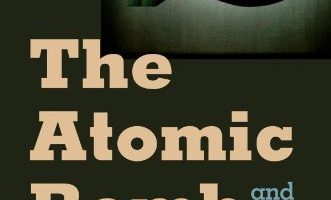
Any work of history that attributes the start of the Cold War to a single factor will surely invite criticism, but Campbell Craig and Sergey Radchenko’s The Atomic Bomb and the Origins of the Cold War makes a compelling case for running that risk.
The past is never dead. It's not even past

Any work of history that attributes the start of the Cold War to a single factor will surely invite criticism, but Campbell Craig and Sergey Radchenko’s The Atomic Bomb and the Origins of the Cold War makes a compelling case for running that risk.

From 1949 to 1991, poor school districts had largely driven the debate over reform of the Texas school finance system. They had provided the initial impulse for Gilmer-Aiken, unsuccessfully sued the state in federal court, and ultimately triumphed at the Texas Supreme Court. Successive legislatures had responded to litigation and public campaigns by increasing total funding to public education and distributing that funding in a more equitable manner. Since 1991, however, the worm has turned.
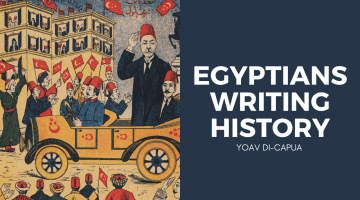
“History,” at least as Egyptians read, write, think, and know it today, is actually of surprisingly recent origins. As both an idea and a method, it was put to work only at the very end of the nineteenth century, and in a few short decades, it had managed to completely replace a rich and venerable nine hundred year-old scholarly tradition of Islamic historiography.
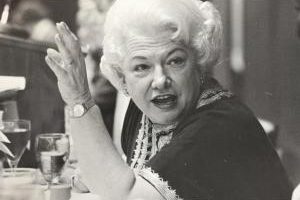
Liz’s family moved to Austin when she was seven years old, so that she and her older siblings could ultimately attend the University of Texas. This was a transition that prepared her for the wider world. By the time she graduated from UT with a degree in journalism, she sensed that her prose and her spirit would enable her to make her mark. “Give me wide open spaces, a Model T, and a typewriter,” she wrote to her mother, “and I’ll see you in the hall of fame.”
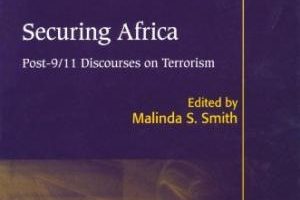
Islam has a long tradition in Africa dating back to the seventh century. Today, Islam plays a crucial role in the political, socio-cultural, religious, and economic lives of the population.
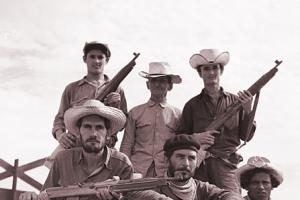
In this new book, covering the entire period of the Cold War in Latin America, Hal Brands restores agency and initiative to Latin American actors, in the process demolishing many of the platitudes that have governed much of the U.S.foreign policy literature.image Based on prodigious research in a dizzying array of U.S., Latin American, and even East German archives, Brands’s work advances a trenchant interpretation that cannot be ignored.
All content © 2010-present NOT EVEN PAST and the authors, unless otherwise noted
Sign up to receive our MONTHLY NEWSLETTER